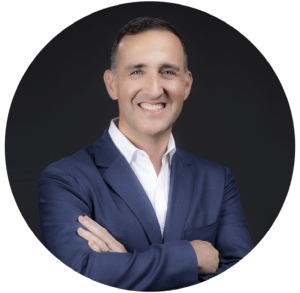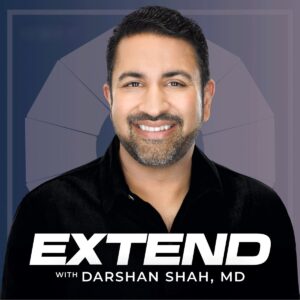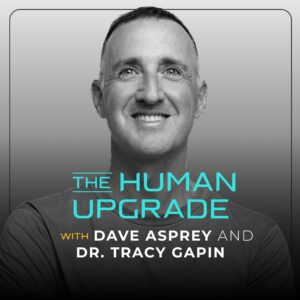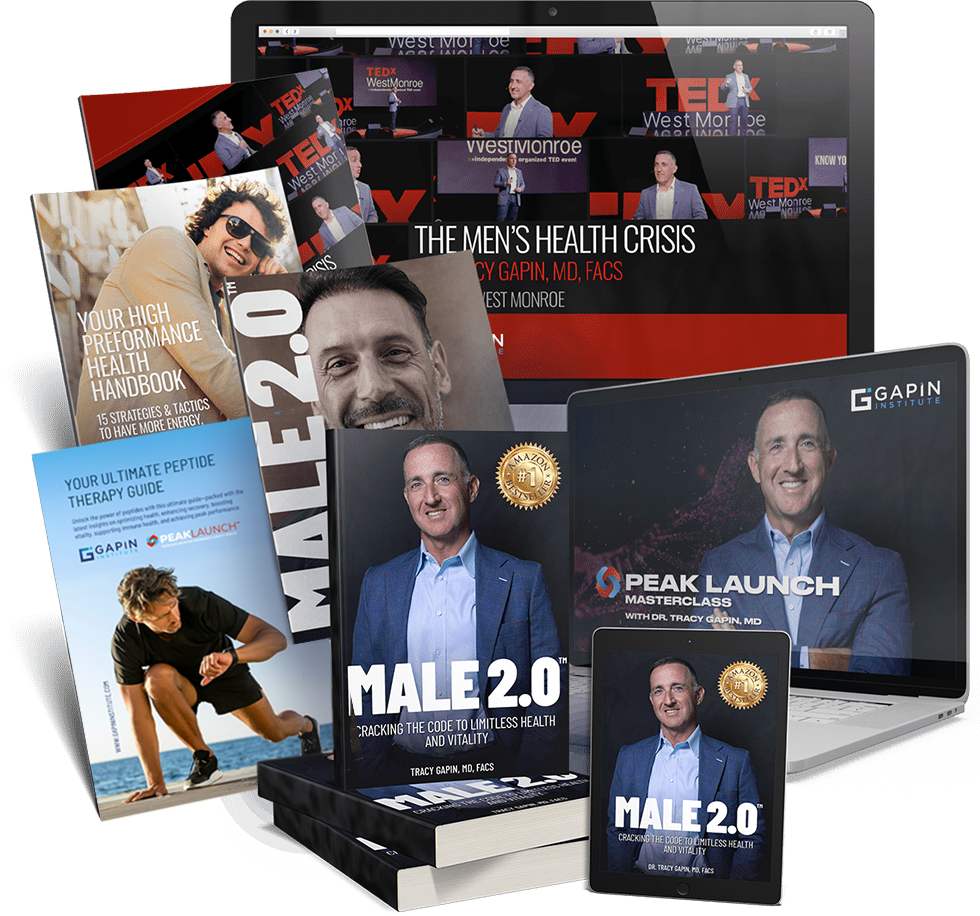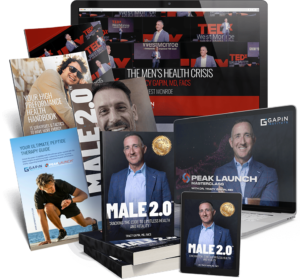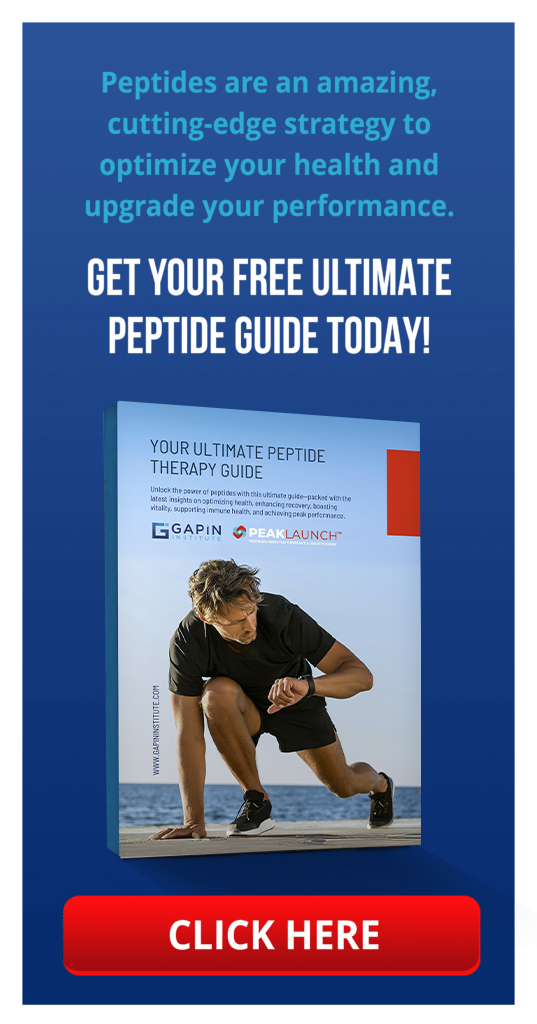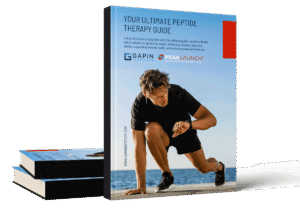
Protein gives you (muscle) gains… right?
Wrong!
The myth has finally been debunked. Loading up on protein does not make you gain more muscle.
In fact, too much protein can actually hurt your muscle-building efforts! You'll be better off if you Buy sarms and other supplements which provide targeted assistance to the areas of your body that need it.
If you’re serious about gaining muscle, keep reading to learn about the relationship between protein, testosterone, and muscle gain.
It’s not what you expect!
Testosterone Boosts Muscle Gain
Muscle Growth
Let’s start by understanding how we build muscle. Although the process is complex, in essence, you build muscles when the muscle “tears.”
When you lift weights, you actually damage the muscle fibers. After you’ve finished lifting weights, the muscle starts to rebuild itself to fix the damage caused during the lifting session. Your body uses protein synthesis to rebuild the muscles; the muscles start to heal with protein chains. With repetitive damage (like consistent workouts), the muscle continues to grow with additional protein synthesis.
That’s right—muscles grow after you lift while you’re resting.
Hormones play an important role in this, especially testosterone which contributes to muscle growth. Your hormones regulate the cell activity that tells your muscles to start repairing.

Testosterone
Testosterone is the “male” sex hormone that, during puberty, gives a man his deep voice, hair growth, and adult-sized penis. It's also the hormone that increases libido (sex drive) for both men and women.
It plays a crucial role in keeping bones solid and healthy. Men naturally have greater muscle mass than women because of their testosterone levels. (Women with high muscle mass may have higher testosterone levels as well.)
Testosterone is necessary for muscle mass growth.
Studies have proven that testosterone helps increase muscle mass by encouraging the body’s natural synthesis of muscle protein. The muscle-building process uses the T hormone to function.
This T hormone actually boosts protein synthesis and activates the satellite cells that tell your body to start “building” muscle. It also helps stimulate the growth hormone—which is the hormone that activates tissue growth.
Moreover, testosterone can help increase the efficacy of workouts, especially resistance exercise (weight lifting). This means that high levels of testosterone can make your workouts more effective because T improves the “repair” process.
Overall, research has shown that strength training with high levels of testosterone results in a greater increase in muscle size than strength training alone.
Testosterone is a critical contributor to gaining and retaining muscle mass.
Low Testosterone
Low T levels can cause the opposite effect because low testosterone can lead to lowered libido, weight gain, brittle bones, and a loss of muscle mass.
Although testosterone declines naturally with age, low testosterone levels are never normal. There is often some underlying factor that contributes to low testosterone. In many cases, testosterone is caused by a hormonal imbalance in the body as a result of diet and lifestyle.
Learn more about low testosterone and the natural ways to increase T levels here.
If you have low testosterone levels, you’re likely finding it hard to increase your muscle mass. No matter how much you workout, you don’t have the T hormone needed to signal your muscles to start repairing.
Protein Reduces Testosterone
So we know that testosterone enhances muscle…
Now, how are protein and testosterone related?
Protein
“Protein” is a macromolecule that the body uses to function properly. It's naturally found in animal products, nuts,  legumes, beans, and some dairy. Often, when we think of a high-protein diet, we think of eggs, nuts, and lots of meat like chicken and beef.
legumes, beans, and some dairy. Often, when we think of a high-protein diet, we think of eggs, nuts, and lots of meat like chicken and beef.
Protein is actually composed of amino acids, which are the building blocks of muscle mass. You may have noticed that when talking about muscle gains, I said “muscle protein synthesis.” This is because are muscles are made up of proteins—or amino acid chains—in our body.
But the protein that makes up our muscles is different than the protein that we consume.
Edible protein, like meats and protein powder, are actually hard for our stomachs to break down into nutrients. That’s why you may get a bloated stomach or gas rumblings after a meaty meal; your body is attempting to break down that protein.
In fact, if you have too much protein, your body actually goes into overdrive to try to digest that protein. Your overworked body actually releases cortisol in response to this “stressful” state of digestion.
Cortisol
Cortisol is the “stress hormone” that the body releases when we’re feeling anxious or stressed. This can be a conscious stressor, like a hard project at work, or an unconscious one, like your body trying to fight off a disease (or break down protein).
Cortisol can have a lot of negative effects on our bodies in the long-term. But the most relevant effect here is that cortisol inhibits the production of testosterone.
Research shows that when the body is in a “stressed” state with high levels of cortisol, the sex hormones shut down. Basically, your body is too busy thinking about survival to think about sex (even though testosterone provides a lot more than just sexual benefits).
One study found that not only does cortisol reduce total testosterone… it especially reduces testosterone during exercise recovery especially. If you have high levels of cortisol while working out, your testosterone levels will be low. If your testosterone levels are low during and after your workout, you won’t be able to build new muscle.
Basically, your workout would end up with no new gains.
SHBG
Along with cortisol, excessive protein also raises the level of sex hormone binding globulin (SHBG). SHBG is the protein in the blood that binds with over 60% of your body’s free-floating testosterone, rendering that testosterone unusable.
The more SHBG you have, the lower your testosterone levels.
If protein increases SHBG, it increases the protein that “steals” free-floating testosterone.
With cortisol and SHBG, protein creates a hormonal double whammy against testosterone levels in the body.
The Relationship of Protein and Muscle Gain
If a = b and b = c, then a = c.
If you need testosterone to gain muscle…
But excessive protein lowers testosterone levels…
Then excessive protein inhibits muscle gain.

I know what you’re thinking.
“But muscle is made from protein. So if I eat protein, I’ll have more muscle.”
However, the protein in your muscles is slightly different than the protein you digest. Yes, you need the amino acids in edible protein in order for your body to make its own protein.
However, the amount of protein you consume does not correlate with the amount of muscle you gain or have.
In fact, once you hit a threshold of protein amino acids and nutrients, your body doesn’t want any more.
Overeating protein will not help muscle gain or improve your overall health. This is true of food-based protein as well as protein powder.
How Much Protein You Need
This means you still need protein—but in moderate amounts.
Protein is one of the three key macronutrients that the body needs to function. However, you should balance this out with the other two macronutrients—carbs and fats.
Having a high-protein diet will not give you bigger muscles. Having a balanced diet of proteins, carbs, and fats will help you gain muscle fast.
So how much protein should you be consuming?
A study at Kent State University looked at protein oxidation, which is the process of synthesizing protein and building muscle. They found an unhealthy increase in oxidation in participants who ate more than 0.8g per pound of body mass daily. Higher levels of oxidation actually have a negative effect on muscle synthesis. Basically, your body tries to synthesize too much protein—that it stops making muscle altogether.
These researchers concluded that the optimal protein intake daily is 0.8g of protein per pound of body weight.

When to Consume Protein
There’s also an optimal time to consume protein if you want to focus on your muscle growth. Studies show that you should consume protein right after a workout, not before it.
If you consume protein before a workout, it will spike your cortisol levels. This spike in cortisol decreases testosterone and growth hormone, which will result in a less effective workout and recovery. Protein also raises insulin levels, which further lowers T count.
Carbs For Muscle Growth
So you’re getting the optimal 0.8g/lb of protein.
What can you eat to actually boost your muscle mass if it’s not protein?
Carbohydrates.
Building muscle takes high levels of energy. Energy comes from calories. Calories are most concentrated in healthy carbohydrates.
This is why you’ll hear of professional athletes or marathon runners “carb loading” the night before a big event or race. Carbohydrates provide energy needed to perform in a peak state.
Carbohydrates are also necessary after exercise. Physical exertion depletes muscle glycogen, which is an important part of the recovery and rebuilding process. The fastest and strongest way to boost muscle glycogen after a hard workout is through high-caloric carbohydrates.
Interestingly, studies have shown that a combination of both protein and carbohydrates is the most efficient at  restoring muscle glycogen storage for the fastest recovery process.
restoring muscle glycogen storage for the fastest recovery process.
Not all carbs are created equal, but each can have an impact on your gains. There are three types of carbohydrates: starch, sugar, and fiber.
Starchy carbs are most beneficial for building muscle. These include:
- Potatoes
- Yams (sweet potatoes)
- Steel cut oats
- Rice
- Peas
- Corn
- Beans
- Whole wheat grains
Still, sugar and fiber carbohydrates are important too. Sugars give you energy. You need this energy to have a strong workout and push yourself to the maximum. However, you want to focus on natural sugars, like the fructose and sucrose found in fruits and vegetables. This will give your body the energy it needs without unhealthy spikes in blood sugar.
Fiber is also useful for an overall healthy body. It is what helps you go to the bathroom, which is important for maintaining a healthy gut and detoxed system. Fiber can actually normalize hormones by helping to stabilize blood sugar, reduce cortisol levels, and get rid of excess estrogen (the “female” sex hormone). Fiber can help rebalance your hormones to a more natural, testosterone-happy state. And we know testosterone is critical to muscle growth!
Basically, if you want to build muscle, you need to have a healthy and balanced diet. This generally means a diet that is:
- 50% carbohydrates (starch, sugar, fiber)
- 20% protein (animal products, powders)
- 30% good fats (eggs, avocados, olive oil)
The Bottom Line

Let’s sum it all up.
- Testosterone is needed for healthy muscle growth.
- High-protein diets reduce free-floating testosterone levels.
- Thus, protein, in excessive amounts, can inhibit muscle growth.
- Consumption of 0.8g of protein per pound of body weight (or 1.8g per kilogram) is optimal for post-workout recovery.
- A combination of protein and healthy carbohydrates is necessary for muscle reparation and growth.
You need a balanced diet of carbs, proteins, and fats to balance your hormones, gain muscle, and have healthy overall wellness.
Not sure what a balanced diet looks like?
Not sure what you should be eating to gain muscle and reinvigorate your body?
Sign up for our Peak Launch Discovery Call!
With this genetic-based report and private consultation, I'll give you practical tools and recipes to balance your diet and make healthy lifestyle choices.
In just one month, you’ll start feeling and looking better than you have in YEARS!
So what are you waiting for? Sign up for our Peak Launch Discovery Call to start boosting your muscle mass, sexual vigor, and ultimate health!

